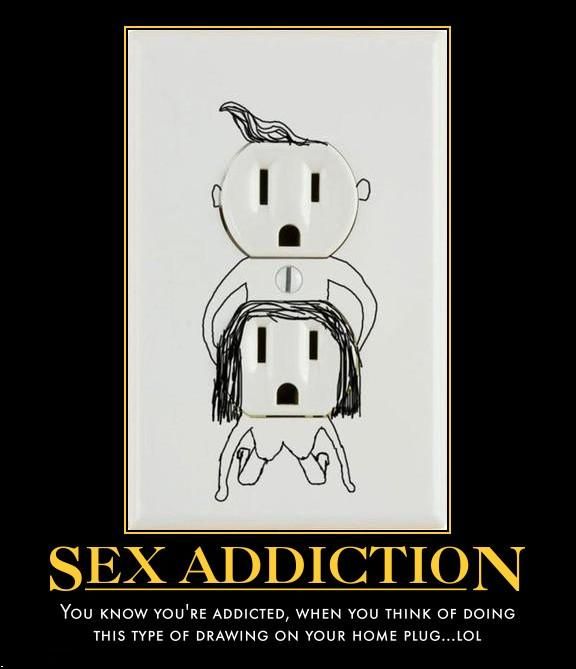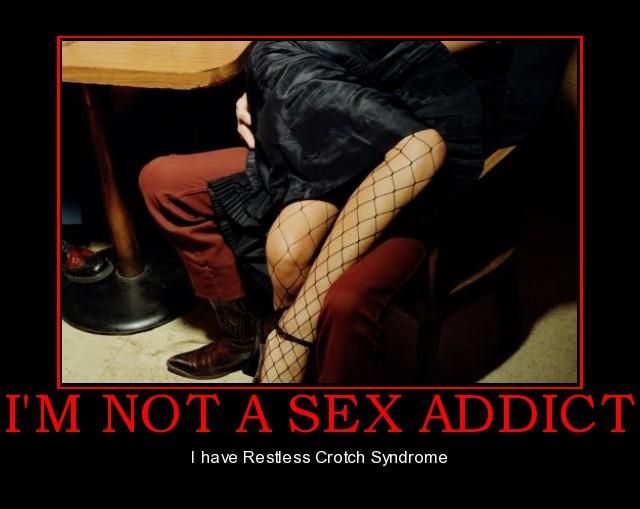As with everything in life, there is a spectrum of Use, Abuse, Addiction. This applies to EVERYTHING. Eating, shopping, work, drugs, gambling, sex, exercise, smoking, emotions, etc.
A lot of people abuse alcohol without becoming addicted. One only needs to look at my university years for proof. Many many people have never gotten beyond "abuse" in anything, and have been able to get things back under control, on their own, unscathed (long term). However, with enough abuse, brain chemistry can and does change to the point that your internal wiring will cause you to seek out your desires, even when you know there will be negative consequences. The drive to "get high" over rides everything, including self preservation. Welcome to addiction. Once these addictive neural pathways have been formed, they are nearly impossible to undo. They can be managed with work, but the brain has a tough time un-learning things.
Like a cucumber soaking in vinegar, once the "pickle line" is crossed, it is no longer a cucumber. It is a pickle, and it won't go back to being a cucumber. That is like addiction. Folks who say addiction doesn't exist have probably never gotten beyond the abuse part of the spectrum, and haven't crossed to addiction where their particular vice rules every aspect of their lives. They are lucky. However, with a little bit of knowledge and education, and introspection/self discovery, it is pretty easy to recognize the signs of what behaviors are healthy or unhealthy. Not very many addicts get to the point of acknowledging that they are an addict without some intense personal blow up / hitting bottom.
I am a believer that addiction is a disease. The addict's vice doesn't matter (food, sex, drugs, whatever); the disease is the same for each of them. Inability to control their impulses wrt the particular vice. That is partly why when people quit smoking, they can put on weight. Nicotine is exchanged for food. The brain still get's its hit of dopamine & serotonin, just from a different behavioral input. Addiction is MUCH more common than most people recognize. Just that some of the addictive behaviors are less socially destructive, thus more tolerated. Dealing with addiction is more than just stopping the destructive behaviors. It's understanding and recognizing what is driving you to pursue those behaviors. Once THAT is under control, the addictive behaviors are much easier to manage.
Some common signs of addiction are:
1) Tolerance. The level of activity that used to get you "high" no longer works, hence continued ramping things up.
2) Failed attempts to stop a behavior. You set limits for yourself, then blow past them, justifying the reason for your change of heart or minimizing the consequences in your mind.
3) behaviors starting to have negative consequences to you, but you pursue them anyhow
4) delusional view of the world. Your reality is altered such that you don't see the obvious things that others see.
#4 is why most addicts get so bad before they bottom out. Things need to get so fucking bad that they just can't deny they have a problem anymore...
I'm not a doctor or a therapist; I'm speaking from my personal experience here. I can really relate to Sharky66's posts on this topic...








